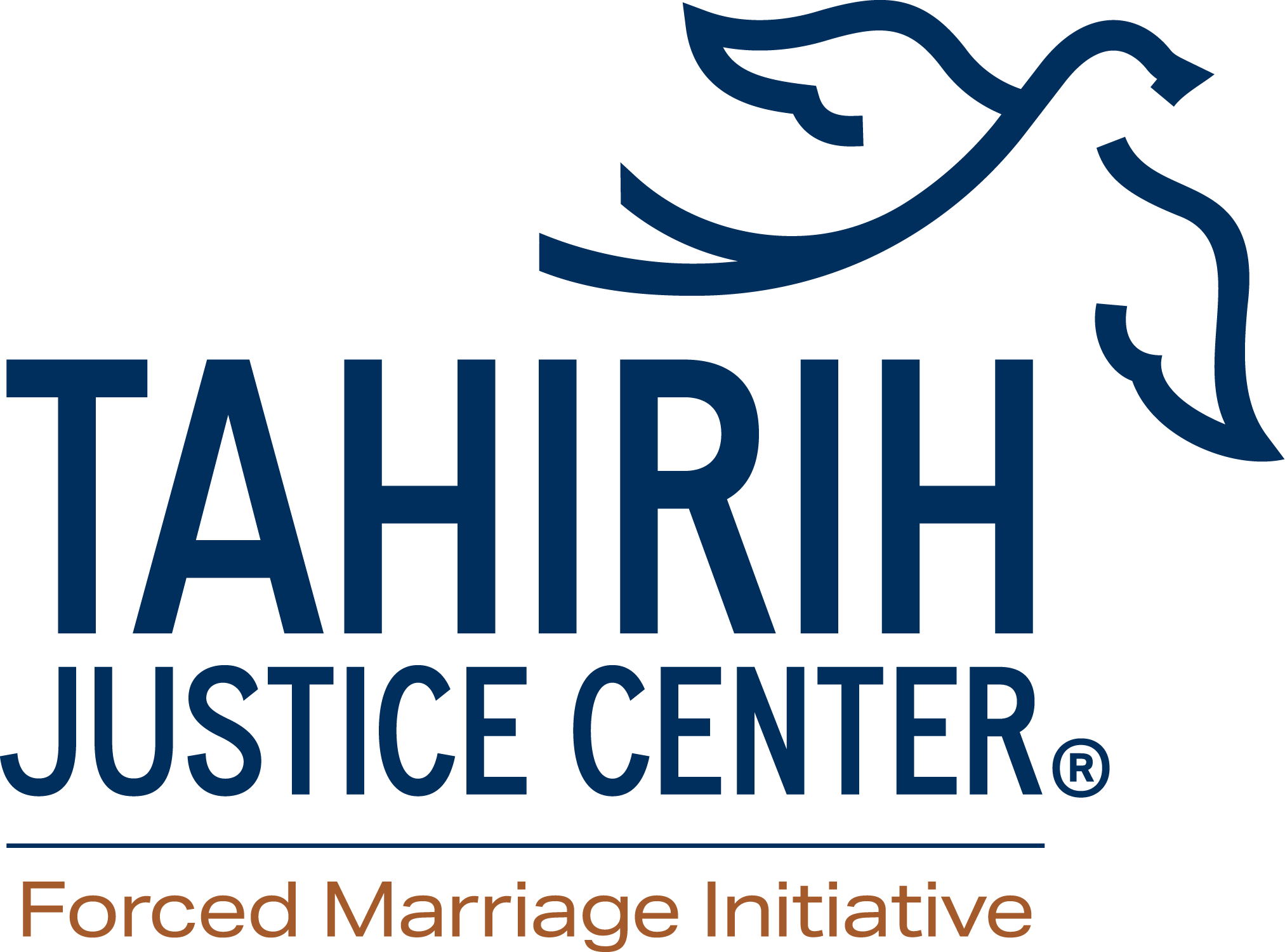Forced Marriage Overseas: Honduras
Overview
Individuals from the United States may face challenges trying to avoid and/or escape forced marriage in Honduras. Honduran law offers some protections against gender-based violence for women and girls. However, rape, domestic violence, and human trafficking still occur throughout the country and widespread impunity for perpetrators continues to be a serious problem.1 In certain regions, forced marriage is not uncommon, with few remedies for victims and Honduras also has one of the highest rates of child marriage in the world.
For further information and guidance for individuals from the U.S. that are facing or fleeing a forced marriage in Honduras, please contact the Forced Marriage Initiative.
Marriage in Honduras
Women and girls in Honduras have equal legal rights and protections when entering or dissolving a marriage. Marriage and divorce in Honduras is governed by the Federal Family Code. In July 2017, lawmakers in Honduras voted to set age 18 as the minimum age of marriage for boys and girls without exceptions. This means that girls and boys under age 18 cannot get married even with the permission of their parents.2 Previously, the minimum legal age for marriage was 21, with parental consent allowing boys to marry at age 18 and girls at age 16.3 However, enforcing the law is challenging, particularly in indigenous communities and poor rural areas where child marriage is most prevalent.4
Although there are no reliable statistics on the incidence of forced marriages in Honduras, they do occur and factors such as the prevalence of human trafficking and the so-called “mail-order bride” industry place women and girls at increased risk. Honduran females are often subject to early marriages, with 37 percent of girls reportedly married before age 18.5 The practice of early and child marriage is more prevalent in rural areas where informal, “common law” marriage is more frequent, although not legally recognized by the government.6
In Honduras, a person can be married “in absentia.” This involves having one of the parties present at the time of the ceremony with a proxy standing in place of the absent individual.7
Gender does not impact an individual’s ability to dissolve a marriage. However, if a married girl becomes pregnant before reaching age 16, the possibility of either spouse obtaining an annulment is eliminated, but this does not impact their ability to file for a divorce.8
Potential Risks and Protections in Country
In Honduras, there are some protections for women and girls facing forced marriage and other threats of violence. Article 52 of the Law Against Human Trafficking considers forced marriage to be a crime of human trafficking punishable by 10 to 15 years’ imprisonment. However, corruption and other hurdles can place victims at risk.
While programs have been put into place to address the problem of domestic violence, it can be prosecuted as a criminal act only in certain specified instances and sanctioned with community service and penalties and enforcement of the law is rare. Women are often reluctant to report domestic violence incidents given that society appears to tolerate domestic violence and the police are not likely to adequately investigate such cases.9
Special Challenges in Returning to the United States
Women do not require permission to leave the country. They can leave on their own whether they are pregnant or married. However, the transport of a Honduran minor may be limited if the mother lacks full custody or authorization from the father.
Please check the exit requirements for Honduras for the most up-to-date travel information.
Assistance for Individuals from the United States
- The Tahirih Justice Center Forced Marriage Initiative
We are available to help individuals from the United States who are facing or fleeing forced marriage in Honduras, including providing phone, text, and email support, connecting with the U.S. government and local resources, and coordinating shelter and services back in the United States. - The U.S. State Department
The State Department is available to assist U.S. citizens that are victims of forced marriage with replacement of travel documents and return travel to the United States. For updated information and travel alerts, please visit the department’s webpage on international travel in Honduras. - U.S. Embassy Tegucigalpa
Contact the Embassy in the case of an emergency.
Tel: 2238-5114, ext. 4400
Email: usahonduras@state.gov
REFERENCES
1 Immigration and Refugee Board of Canada, Honduras: Domestic Violence, Including Legislation and Protection Available to Victims, available at http://www.refworld.org/docid/52ce9dd14.html
2 Girls Not Brides, http://www.girlsnotbrides.org/child-marriage/honduras/
3 U.S. Department of State, Bureau of Democracy, Human Rights and Labor, Country Reports on Human Rights Practices for 2016 at p. 28, available at https://www.state.gov/documents/organization/265808.pdf
4 Anastasia Moloney, “Honduras bans child marriage, no exceptions.” Thompson Reuters Foundation, (July 13, 2017) available at http://www.reuters.com/article/us-honduras-childmarriage-idUSKBN19Y0T8
5 U.S. Department of State, Bureau of Democracy, Human Rights and Labor, Country Reports on Human Rights Practices for 2016 at p. 28, available at https://www.state.gov/documents/organization/265808.pdf
6 Office of Social Security, Honduras: PR 82-049 Marriage — Cohabitation And Reputation (Including Common-Law Marriage) — Honduras, available at https://secure.ssa.gov/poms.nsf/lnx/1503130156
7 Codigo de Familia, Art. 30
8 Codigo de Familia, Art. 16
9 OAS, Access to Justice for Women Victims of Violence in the Americas, available at http://www.cidh.org/women/Access07/chap2.htm



